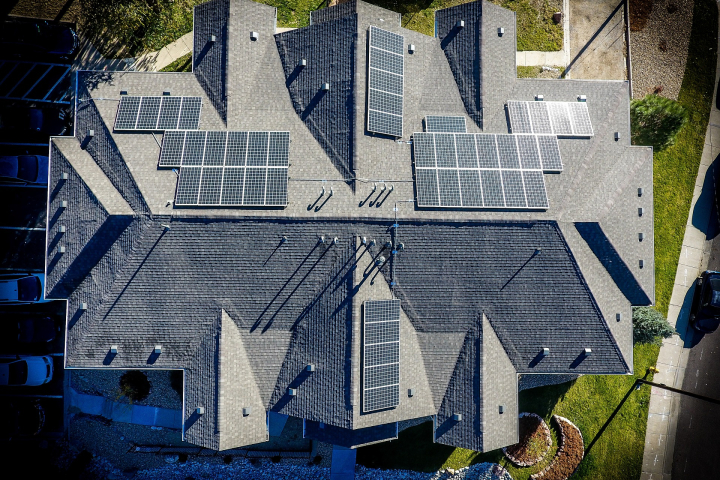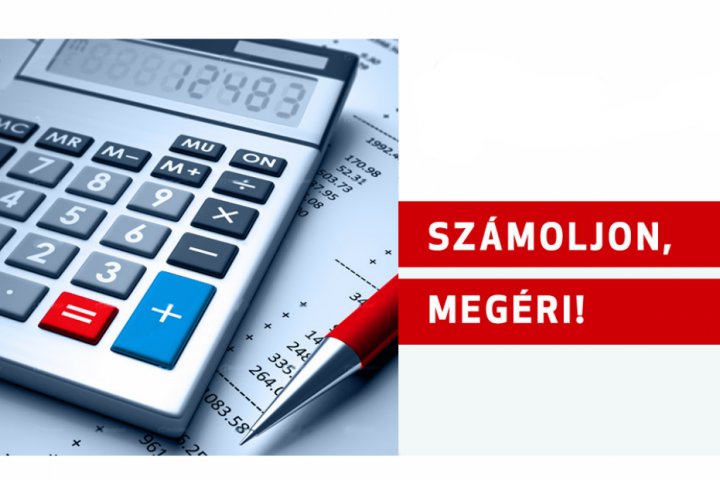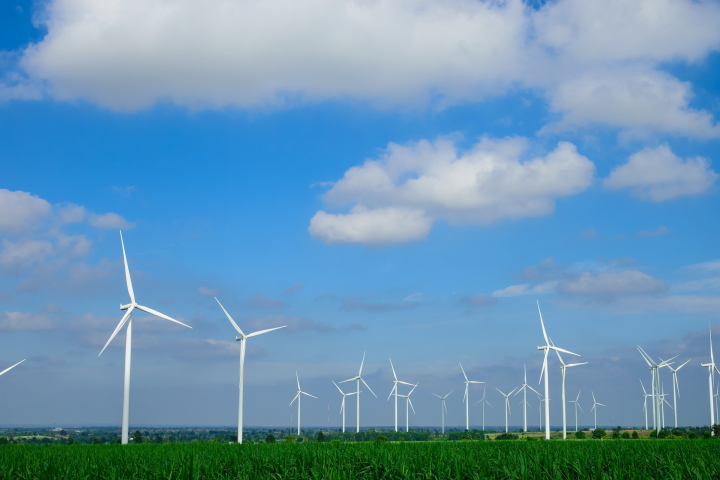Company Site Visit and Workshop on Industrial Energy Transition at the Hartmann Hungary Ltd. in Ács, Hungary
At the end of March, 2025, a company site visit took place at the Hartmann Hungary Ltd. site in Ács, organized by the Hungarian Economic Association (MKT) and Energiaklub within the framework of the SMEnergy project. The aim of the event was to present practical examples of the use of renewable energy sources in industrial production processes, with particular focus on solutions relevant to Hungarian small and medium-sized enterprises (SMEs).
Hartmann Hungary Kft. produces approximately 1 billion egg cartons annually, made from 100% recycled paper, and is one of the largest fiber-based packaging material manufacturers in Europe. The plant currently employs around 600 people in a three-shift work schedule. The company’s operations are significantly based on principles of sustainability, environmental impact reduction, and energy efficiency. Production is continuous, as shutting down and restarting the high-energy-demanding production lines would be uneconomical and would result in significant increases in product prices.
During the visit, Managing Director Attila Vincze presented the company's sustainability strategy and the technological solutions applied, including:
-
Solar panel systems that cover part of the plant's electricity demand,
-
Water recirculation technologies to reduce water usage,
-
Internal energy loss indicator system, which helps improve energy efficiency by involving employees,
-
New-generation drying ovens, vacuum systems, advanced compressors, pumps, and electric motors,
-
Modern heat recovery systems, as well as factory hall construction solutions that are inherently suitable for installing solar panel systems.
Product development also contributes to improving energy and logistical efficiency: continuous optimization of the size and design of the egg cartons reduces the energy demand of packaging and transportation.
The Hartmann Group announces an internal innovation competition each year, in which all of its global factories and subsidiaries – including the Hungarian plant – may participate. The best proposals are ranked by a central jury, and the winning projects are implemented and made adaptable for other factories as well. One such example was the Hungarian plant’s early initiative to join the energy exchange, which has since resulted in tangible cost savings.
During the factory visit, participants received a detailed overview of the entire production process, from the processing of raw materials to the packaging and storage of the finished products. The technology has been modernized at several points: robotic systems, built-in quality control solutions, and the mechanization of heavy or monotonous tasks all contribute to efficient operation. Automation does not lead to job losses; employees are retained at the company through retraining for new roles.
Production is carried out exclusively using waste paper sourced from domestic and international waste management providers. To maintain fiber balance, the company also carries out tree planting programs annually and does not use new fibers.
Through practical examples, the event demonstrated that industrial sustainability is not solely a technological issue, but also involves organizational, strategic, and human resource aspects. The case study of Hartmann Hungary Kft. clearly illustrates that the integration of renewable energy sources, efficiency improvements, and innovation can lead to competitive operations in the long term.






